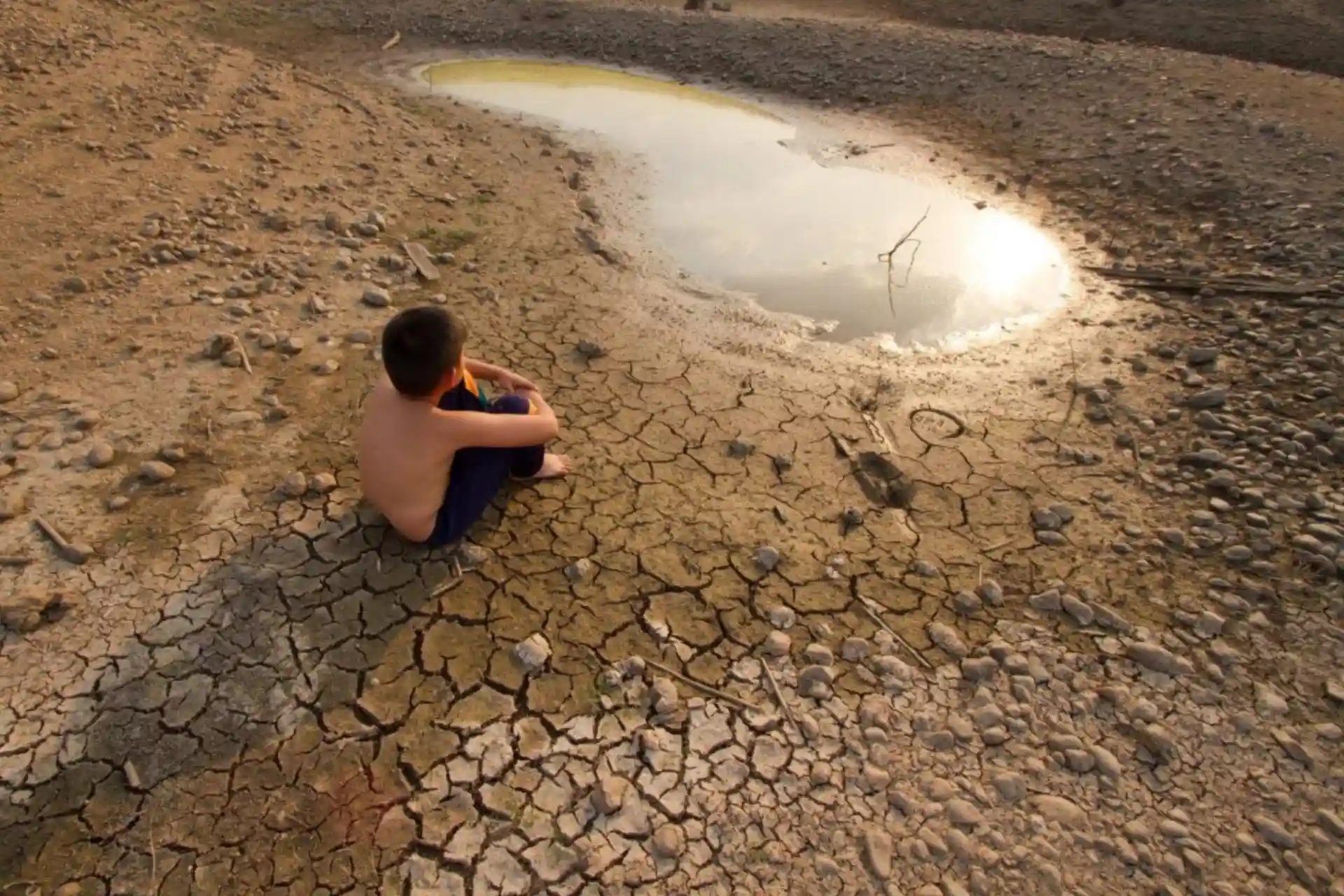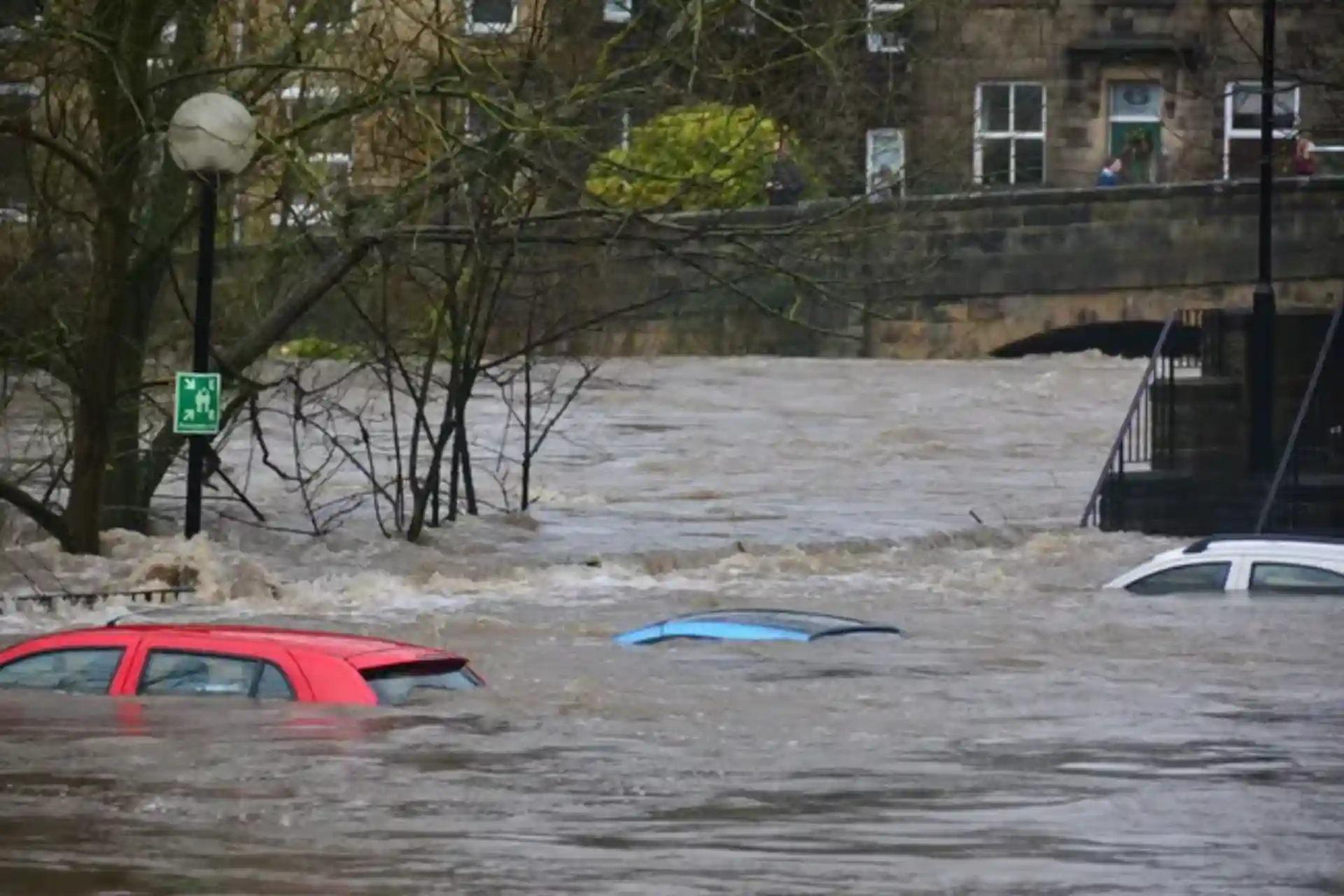Global Crisis: Is the World Running Out of Fresh Water?
According to the UN, by 2030, more than 3.3 billion people in the world may be deprived of clean water and sanitation. In half of the world's countries, freshwater ecosystems such as rivers, lakes and aquifers are being destroyed, rivers and lakes are drying up, and aquifers are being overexploited. This leads to a sharp decrease in the level of underground water every year.
The United Nations (UN) Water and Environment Program released a report last month. Then 2030 calling for provision of clean water and sanitation for all by 2018 It has been recognized that it is impossible to fulfill the 6th clause of the UN Sustainable Development Goals ( SDGs) .
It is estimated that by 2030, more than 3.3 billion people in the world may be deprived of clean water and sanitation. Freshwater ecosystems such as rivers, lakes and aquifers are being destroyed in half of the world's countries. rivers and lakes are drying up, aquifers are being overexploited . And it causes a sharp decrease in the level of underground water every year.
In addition, all types of water bodies are rapidly becoming polluted . Water often becomes unfit for human or animal consumption . As a result, the health of living beings, including plants, is seriously damaged .
The report warns that the situation poses serious threats not only to human health, but also to food security and biodiversity, and exacerbates climate change.
Unfortunately, this warning is only an echo of predictions made by scientists and environmentalists for several years.
True, the usual and superficial statements of world leaders about the need to conserve water not only for us humans, but also for the planet and other living creatures on Earth are ringing . However, long speeches do not produce anything but applause.
At the highest levels of the UN, there are resolutions, including unanimous decisions, but practical action and high output is missing. It is unlikely that the measures implemented in some countries will solve the problem of the whole world .
The severity of the situation is varied in recent reports . According to it, almost all developing and poor countries, mainly in Africa, Central Asia, South Asia, and about 90 countries in Southeast Asia, have observed large-scale destruction of freshwater ecosystems. The amount of water has decreased in 402 river basins around the world . This shows how fast the degradation process is going .
Situations such as water wastage , pollution , construction of dams, improper use of land and climate change create difficulties in maintaining the world's ecosystem . According to the UN report, human interventions such as aquaculture and farming near the coast are also complicating the situation . Threats mainly affect more than half of the world's population. Since the main danger lies in Africa and Asia, which are at the bottom of the pyramid of economic development, any effective action to fight the crisis can be made only with financial and technical support from the outside world, that is, rich countries.
According to the report, the situation in Europe and North America has slightly improved . This means that with technology and, more importantly, with money, the crisis can be slowed down, stopped entirely, or at least partially reversed.
But for this, rich countries should not spare their support and share their financial and scientific resources with the underprivileged regions of the world.
However, this does not mean that developing countries cannot do anything on their own. They have many opportunities to at least slow down the degradation of water resources. First, a fundamental improvement of management should be established , not only for the proper distribution and management of water resources , but also for the control of its pollution .
Also, governments must not allow water to be wasted, especially by the wealthiest sections of society . Not only does this improve water supply, but it also understates the inequitable k in consumption , which has skyrocketed over the past two decades, especially in countries like India .
Managers can also teach farmers to conserve water in farming and switch to less water-intensive crops or farming methods . It has already been implemented in the main agricultural countries of Asia and Africa . These measures are within the scope of the leaders of developing countries, and in fact , it is their task .
It would not be wrong to say that their failure to find a solution to the water crisis is a crime not only against their people , but also against the planet Earth and the entire humanity .
Ranveer S. Nayar , Editor-in-Chief, Media India Group , Platform , and Founder , India Foundation for Excellence



